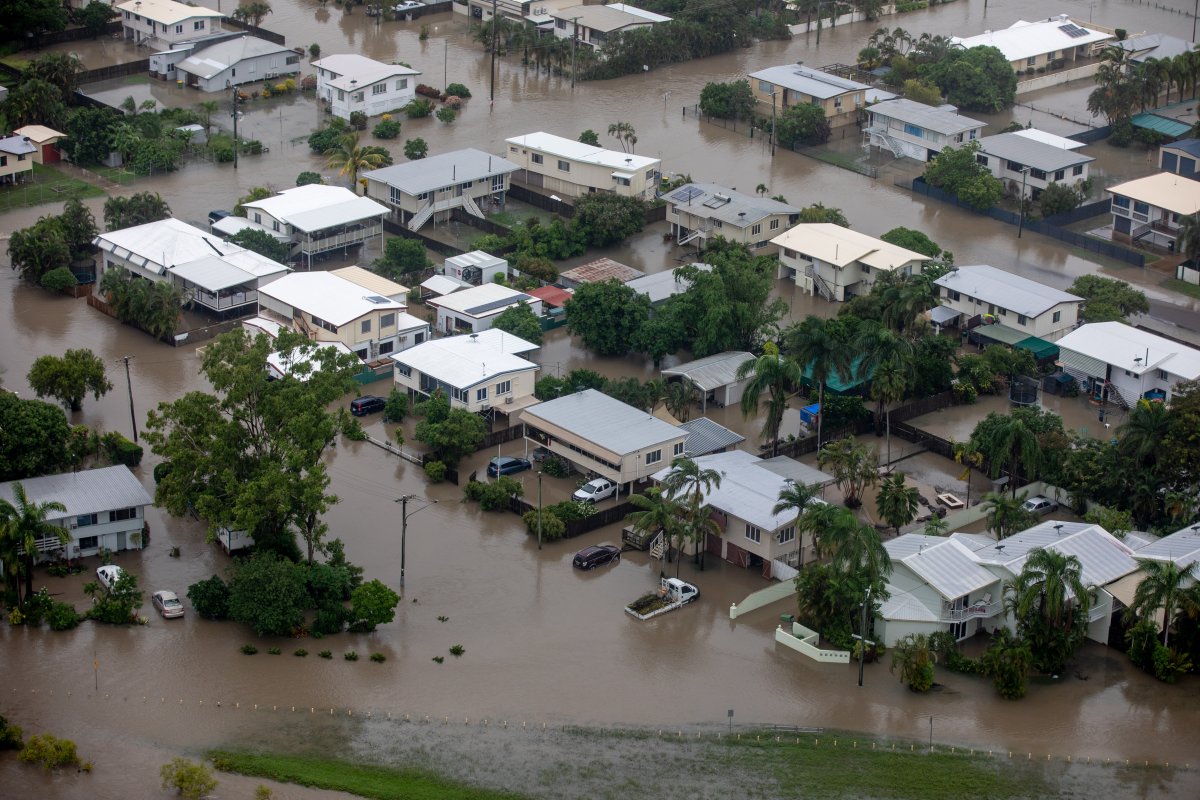In Borno State, severe flooding has wreaked havoc, claiming the lives of at least 37 people and displacing over 414,000 residents. The floods, which have devastated large swaths of the region, have created a humanitarian crisis, with many families losing their homes and livelihoods. The situation has reached a critical level, prompting the government and humanitarian organizations to mobilize support and provide emergency relief to those affected.
The floods in Borno are a stark reminder of the vulnerability of certain regions in Nigeria to natural disasters, particularly in areas already grappling with insecurity and underdevelopment. Many of those displaced were already living in fragile conditions, and the flooding has only exacerbated the hardship faced by these communities. Temporary shelters have been set up, but there is an urgent need for food, clean water, and medical supplies as the displaced population struggles to cope with the disaster’s aftermath.
Efforts to provide relief have been underway, with the federal government and state authorities working in collaboration with humanitarian agencies to address the immediate needs of the victims. However, the scale of the disaster has overwhelmed available resources, leading to calls for increased international support. Non-governmental organizations and local volunteers have also joined the effort, providing essential supplies and assistance to the flood-affected areas.
The situation in Borno is compounded by the fact that other parts of Nigeria, including the capital city, Abuja, have also been affected by severe flooding. In Abuja, floods have ravaged homes and infrastructure, leaving many residents without shelter and access to basic services. Roads have been washed away, and in some areas, power outages have added to the challenges. The simultaneous flooding in multiple regions has stretched the capacity of emergency services, highlighting the need for a coordinated national response to this growing crisis.
The flooding has raised questions about the country’s preparedness for natural disasters and the impact of climate change on vulnerable regions. As extreme weather events become more frequent, there is an increasing need for long-term solutions, including improved flood management systems and better urban planning to mitigate the risks. The devastation caused by the floods in Borno and Abuja underscores the importance of addressing these challenges to protect lives and livelihoods in the future.










I think the government should focus on preventing floods instead of just responding to them. Lets invest in better infrastructure!
I think we need to start considering if climate change is really to blame for all these disasters… just saying 🤔
I think the government should focus on building more dams to prevent future flooding instead of just relief efforts.
I think the government should focus on investing in flood prevention measures rather than just providing relief after the fact.
I think the government should focus on building better drainage systems instead of just providing relief. Prevention is key!
I think the government is behind these floods to distract us from the real issues. Wake up, sheeple! #conspiracytheory
I think we should focus on helping animals affected by the flooding too, not just humans. They deserve our compassion too.
I think its time we start building houses on stilts like they do in some countries. It could help prevent flooding disasters like this.
I think we should rethink how we allocate resources during disasters. Why not prioritize areas with higher population density first?
I think the government should focus on preventing floods instead of just responding to them. Lets build better infrastructure!
I know its sad, but dont you think the government should focus on preventing floods instead of just reacting to them?
I cant believe the lack of government response to these disasters. When will they prioritize the well-being of their citizens?
Is there enough being done to prevent these devastating floods in Nigeria, or are we just reacting after the damage is done? #floodprevention
Can we discuss the long-term solutions to prevent recurring flooding in these areas? Lets brainstorm ideas together.
Do you think enough is being done to prevent these recurring floods, or are we just reacting after the damage is done?
Do you think enough is being done to prevent these devastating floods from happening again? Share your thoughts!
I cant believe the lack of urgent action in response to these devastating floods. Where is the governments accountability?